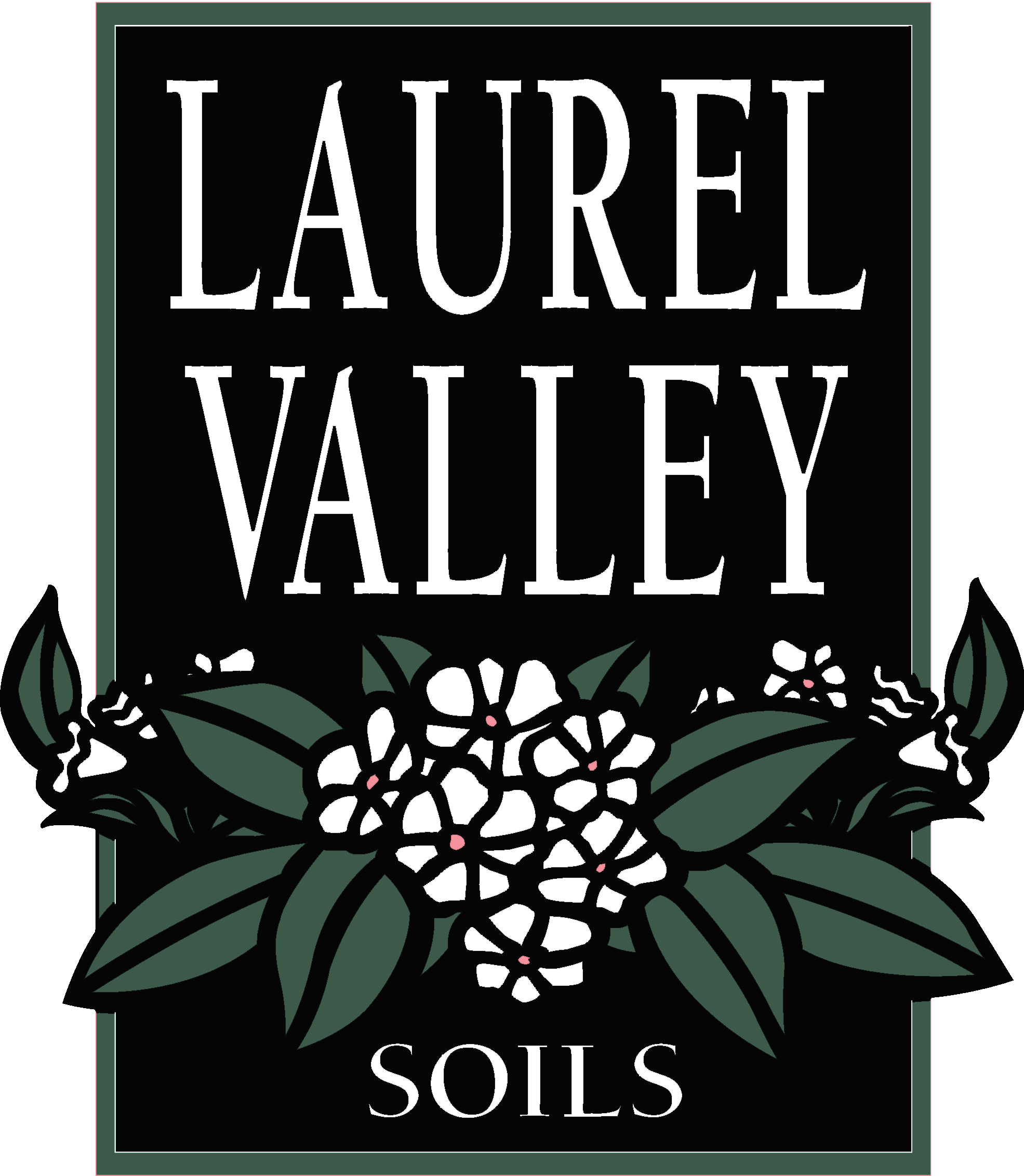Making compost is what we do, but practicing sustainability is who we are
Laurel Valley Soils embraces the Triple Bottom Line concept, which challenges companies to care about social and environmental benefits just as they do their finances.
Environmentally…
Our compost and amended soil products provide multi-layered environmental benefits, from how and what they are made from, to the performance values they provide to the landscape through improving air and water quality, and plant, invertebrate and animal habitat.
Socially…
Many of our products support philanthropic projects such as food cupboards, early education programs, and our team can often be found sharing our knowledge and passion with our neighbors or donating compost to our local community gardens.
Financially…
We provide year round jobs and career opportunities, good wages, and family, health and retirement benefits. The jobs we create provide opportunities for local families and strengthen our local economy.
Great for your project, better for the planet
Diving deeper into the environmental benefits highlights our business model developed around repurposing the mushroom industry’s post-harvest mushroom compost into a whole line of value added products that have multiple environmental benefits.
- Our products derived from this repurposed compost provide earth friendly alternative nutrition solutions in place of chemical fertilizer applications.
- Soils fortified with organic matter produce healthier plants and more nutrient dense fruits, vegetables and grains.
- Our soil products capture and hold water in place improving water use efficiency while reducing the ornamental landscape or farms’s overall demand on water usage.
- For stormwater management, bioretention soils are utilized in basins to prevent flooding by capturing and then slowly filtering and infiltrating rain water down into the ground. This is critically important because flooding is not only destructive, but flood waters also carry contaminants from impervious surfaces of the built environment directly into natural water systems like creeks, rivers, lakes and oceans.
- Many of our blended products are utilized in soil stabilization practices that prevent erosion, which in turn reduces soil degradation and loss, as well as water and air pollution.
- Now in the era of climate change, it has recently become better understood that the installation of compost or compost amended soils into the ornamental landscape (and in agricultural production practices) greatly helps sequester carbon, which is an excellent way to reduce anyone’s carbon footprint!
Sustainability isn’t enough
When it comes to soil health and landscape performance, maintaining the status quo doesn’t seem to cut it anymore. Between increased usage demand and unpredictable and extreme weather patterns, it is imperative that soils are not just maintained but regenerated. There is no better tool to fight compaction and overly wet or dry conditions than organic matter and healthy abundant soil biology provided by the application of compost.
Better soils means better yields
Soils that are rich in organic matter contain natural nutrients and microorganisms, which support the production of more nourishing and nutrient dense fruits, vegetables and grains. These nutrient dense foods are also much more flavorful and wholesome to consume.

